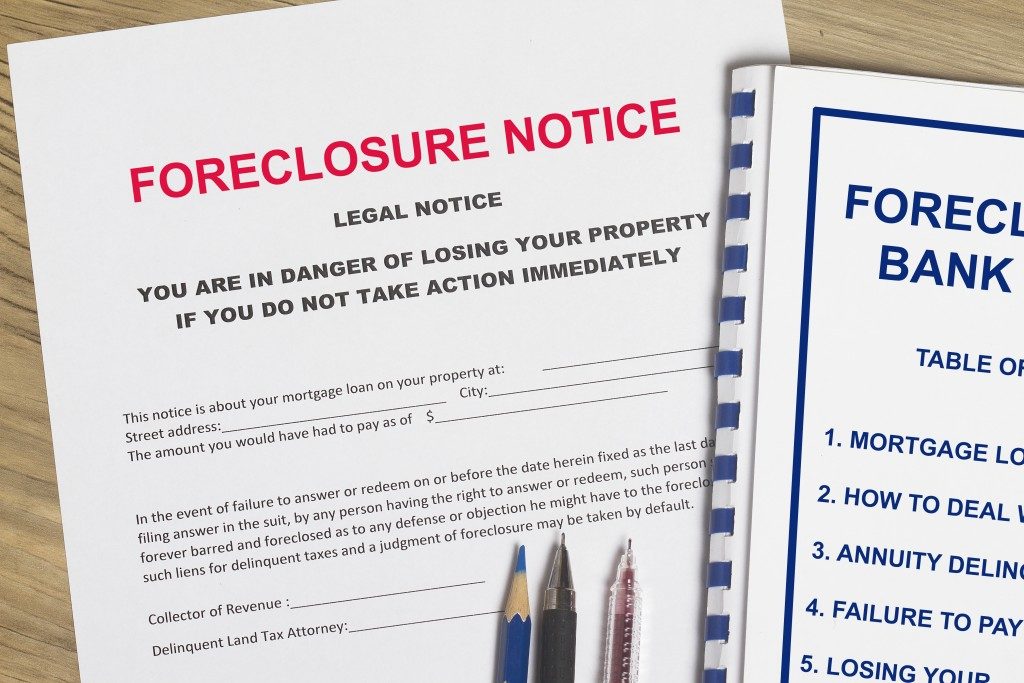When you are sued for the first time, it’s understandable if you don’t know what to do. Finding a subpoena in your mailbox is not an appealing prospect, but jail time is a more frightening experience if you do not respond properly to the court’s summons.
Depending on the kind of charges that have been filed against you, you may only need to post bail money or may need to spend some time in jail. But as long as you are not a flight risk, you could post bail and prepare to have your day in court. Besides, there are only four states that outlawed bail bondsmen (Illinois, Kentucky, Oregon and Wisconsin), and you can still find expert bail bond agents in Salt Lake City in Utah who can help you.
The first thing you would need to do is call your attorney and discuss the matter in detail. Your lawyer can help you with all the legal documentation and consequences, and make sure you comply with court rules and deadlines to prevent further inconvenience. There are a few things that you both need to discuss as to where the case may go and how it can be averted.
The Complaint
When someone files a lawsuit, the complaint will start with the jurisdiction, venue, claims or counts, and accompanying damages. A complaint could include a request for a jury trial if the plaintiff wants it. The jurisdiction where the complaint is filed is determined by the amount of damages demanded, the type of claim, or where the parties reside.
The First Response
The defendant has a specific deadline to respond to the complaint, or a default will take place. They can deny or admit each allegation in a complaint, and the plea will determine the course of the case.
Defendants could respond by filing a motion and answer that seeks to dismiss all or parts of the complaint immediately. If the judge approves the motion, then the case is dismissed. If not, then the defendant is still answerable to the complaint, and the case continues. All parties can appeal the judge’s decision on the motion.
The judge will also issue a scheduling order and set important deadlines when the parties can file a motion, exchange information, or go to trial. It is important to follow these schedules and respond accordingly. Depending on the extent of the lawsuit or in cases where a default was issued because of your continuous disregard for the notices, an arrest warrant may be issued against the defendant.
Discovery and Motions

Discovery is the period where the parties obtain or request information from each other. If, for example, the complainant requires you to present facts following your response, there is a set timeframe for you to do so, or they can file a motion to oblige responses and go before the judge. This is the time when the evidence showcase takes place and where the witnesses take the stand.
Motions are a means for parties to ask the judge for some relief, which may very well be dismissal or judgment of the case. Motions are usually legal arguments accompanied by written explanations and exhibits. The other party may then file a counter argument or a written response. So the judge may schedule an oral argument on the motion where both your lawyers will appear in court and explain their positions. Afterwards, the judge will issue an oral (at the hearing) or written opinion with his decision.
Case Evaluation, Mediation, and Settlement for Arbitration
Depending on the case filed, some states require both parties to enter into a case evaluation. Parties may come to an agreement after both lawyers (and an arbitrator) decide on a settlement. A monetary value may be derived, or a situational requirement is agreed upon. Both parties will sign the settlement agreement and comply fully with its terms or face further legal action.
Trial and Appeals
The trial begins when the discovery phase is over, and both parties have not come into terms with a settlement or resolved by a motion for any summary disposition or judgment. The defendant’s attorney will need extensive preparation (depending on the case) and both parties present arguments, evidence, and witnesses during the trial. The case may be a bench trial, where the judge decides the facts or a jury trial where the jury acts as the fact-finder. In all cases, the judge decides which testimony, evidence, objections, or motions may be ruled out.
For whatever the result was after the trial concluded, both parties could submit post-trial motions or appeal. An appeal means a trial court decision may be submitted for review for by a higher court. In case you lose the trial, your lawyer will first need to seek leave or permission from the appellate court to see it will be accepted. The appellate will come up with a brief explaining why the trial court’s decision should remain or reversed and would rely heavily on existing statutes and citations as well as prior appellate court decisions as a basis for their arguments since rules at the appellate courts differ from trial courts.
One can only be as vigilant as they possibly can, and no amount of prudence can avert a legal situation. While it’s true that ignorance of the law excuses no one, there is also no excuse for outward disregard of it. Typical cases can stem from an unpaid credit or a traffic violation when you are fully aware of the consequences. If you ever find yourself wrongfully accused, you know the best action is to respond to the court summons.
